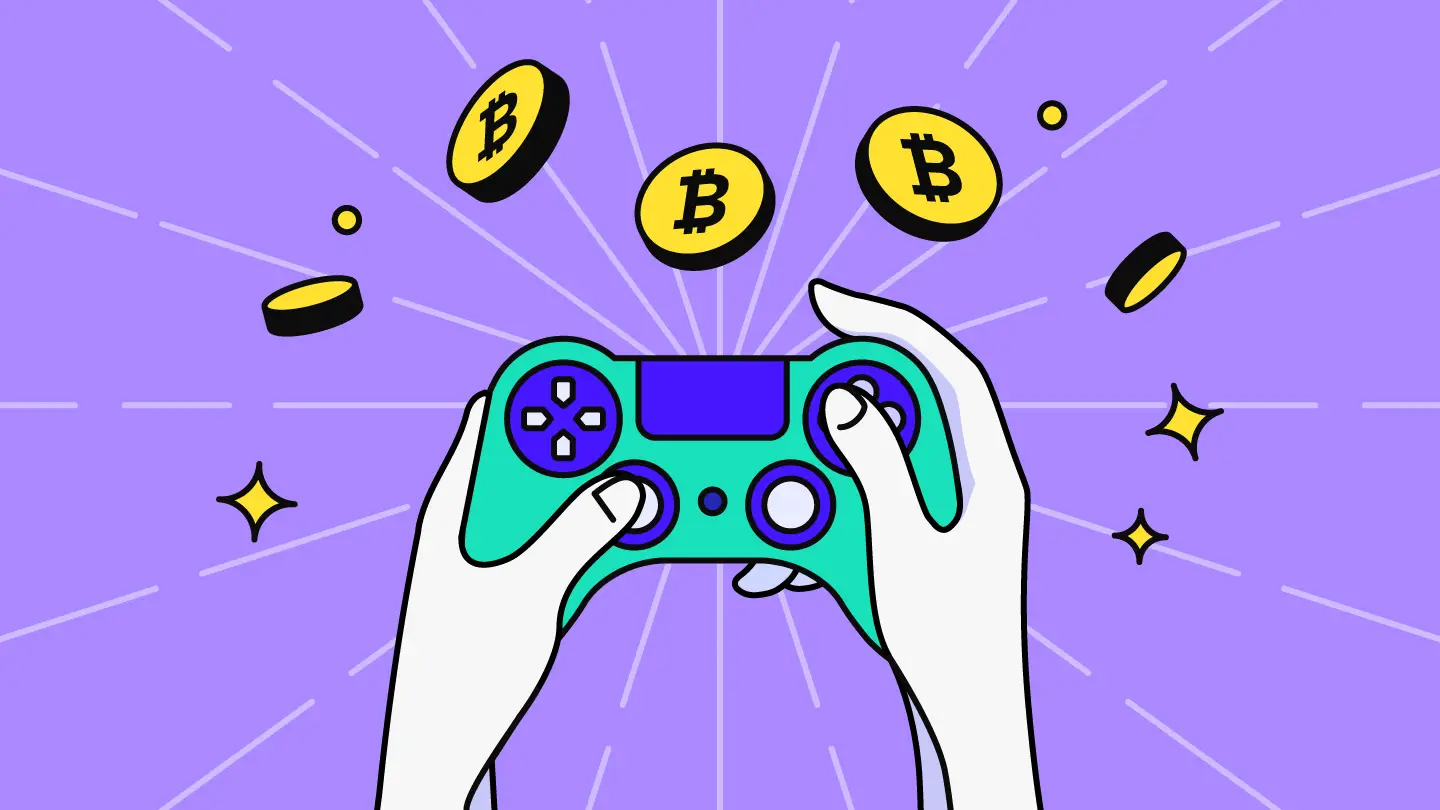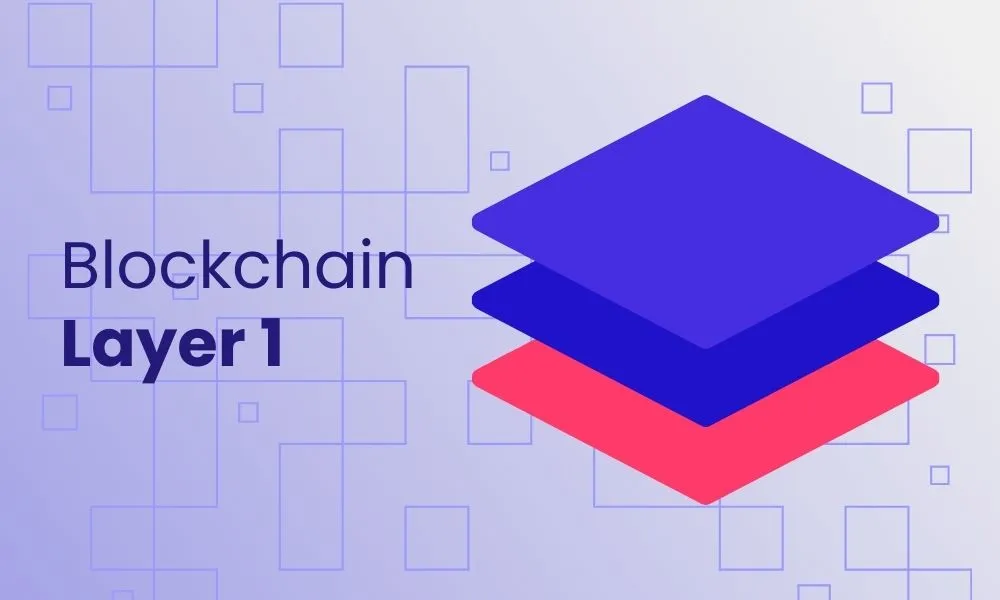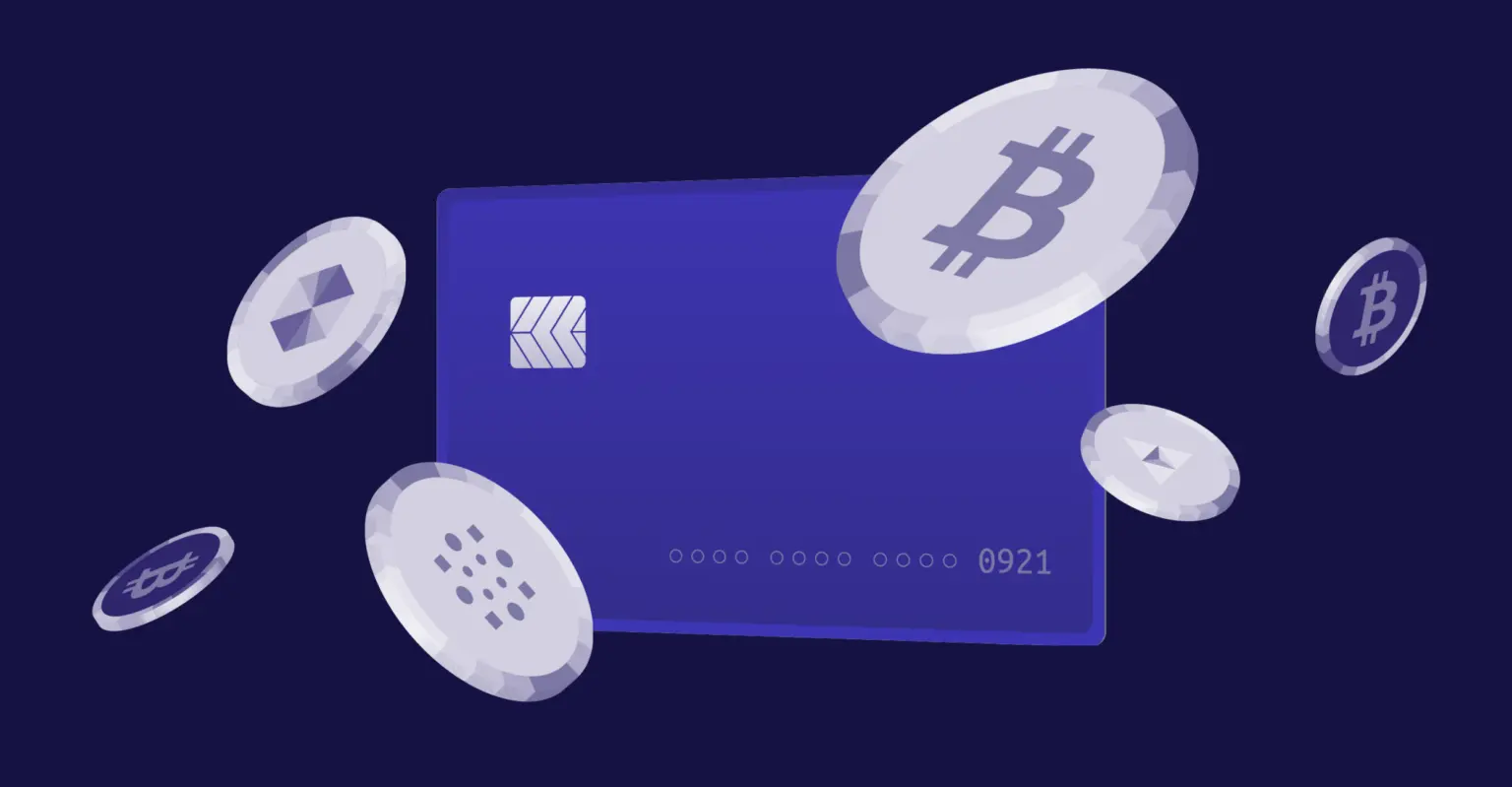What Is DeFi? Complete Beginner's Guide to Decentralized Finance in 2026

DeFi (Decentralized Finance) is a financial system built on blockchain technology that eliminates intermediaries like banks, allowing users to lend, borrow, trade, and invest directly through smart contracts.
You've probably heard your friends talking about making crazy returns on their crypto investments. Maybe you've seen headlines about people earning 10% or more on their savings while your bank account pays 0.01%. What's their secret?
Most of them discovered DeFi.
Here's the thing about traditional banks - they take your money, lend it out at high interest rates, and give you scraps in return. Your savings account earns pennies while they profit from your deposits. DeFi flips this entire model on its head.
The total value locked in DeFi protocols sits at over $40 billion today. That's real money from real people who decided to take control of their finances. Even the biggest names on Wall Street are paying attention - BlackRock and Goldman Sachs are pouring billions into this space.
DeFi Definition: Understanding Decentralized Finance
Picture this: you want to lend money to someone and earn interest. In the old world, you'd need a bank to make this happen. The bank would take a cut, verify the borrower, handle the paperwork, and basically control the entire process.
DeFi says "forget the bank." Smart contracts handle everything automatically. You connect directly with borrowers, earn higher returns, and keep the profits that banks used to pocket.
Core Components of DeFi
Here's what makes DeFi tick:
Smart Contracts: Think of these as robot lawyers that never sleep. They automatically execute agreements when conditions are met. No human can interfere or change the terms once they're set.
Decentralized Applications (dApps): These are websites that look normal but connect directly to blockchain networks. You interact with them just like any other website, but they're talking to smart contracts behind the scenes.
Governance Tokens: These give you voting power in how protocols develop. Own tokens, get a say in the future direction.
Liquidity Pools: Imagine a giant pot of money that everyone contributes to. This pot facilitates all the trading and lending that happens on the platform.
How DeFi Differs from Traditional Banking
Your bank can freeze your account tomorrow if they suspect something fishy. They can reverse transactions, block transfers, and basically control your money however they want. Banks also close at 5 PM and take weekends off.
DeFi protocols run 24/7, 365 days a year. Nobody can freeze your wallet or reverse your transactions. The code is the law, and the code doesn't play favorites or have bad days.
Here's another big difference - transparency. Your bank won't show you their loan book or explain how they're using your deposits. Every DeFi transaction is public and verifiable on the blockchain.
How DeFi Works: Smart Contracts and Blockchain Technology
When you use DeFi, you're basically talking directly to computer programs that live on the blockchain. Your crypto wallet is like your ID card - it proves who you are and what you own.
No forms to fill out, no credit checks, no waiting for approval. You connect your wallet, choose what you want to do, and the smart contract handles the rest instantly.
Ethereum and DeFi Protocols
Most DeFi happens on Ethereum because it was the first blockchain to really nail smart contracts. The network processes thousands of DeFi transactions every day, from people swapping tokens to earning yield on their holdings.
The big names you'll hear about include Uniswap for trading, Aave for lending, and Compound for earning interest. Each one does something different, but they all work together like pieces of a puzzle.
Popular DeFi Platforms Overview
Trading: Uniswap and SushiSwap let you swap one cryptocurrency for another without signing up for anything. Just connect your wallet and trade.
Lending: Aave and Compound are like banks where you can deposit crypto and earn interest, or put up collateral and borrow against it.
Yield Farming: Platforms like Yearn Finance automatically move your money around to find the best returns. They do the work while you earn the rewards.
Key Benefits of Decentralized Finance
DeFi isn't just about earning higher returns (though that's nice). It's about taking back control of your financial life.
Financial Sovereignty and Control
Your private keys are your power. As long as you have them, nobody can touch your money. No bank can freeze your account because you bought something they don't like. No government can seize your assets without going through you first.
You also get to invest in things that regular people normally can't access. Traditional finance has all sorts of minimum investment requirements and accreditation rules. DeFi is open to everyone with a few dollars and an internet connection.
Global Accessibility
It doesn't matter if you live in New York or Nigeria. If you have internet, you can use DeFi. No need to prove your identity, provide a credit history, or get approval from some institution.
This is huge for people in countries with unstable currencies or limited banking. DeFi gives them access to the same financial tools as anyone else.
Transparency and Security
Every transaction is recorded publicly on the blockchain. You can check exactly where your money went and verify that protocols are doing what they claim.
Most DeFi code is open source, meaning thousands of developers can review it for bugs and vulnerabilities. This crowd-sourced security often beats the closed-door approach of traditional finance.
Common DeFi Use Cases in 2025
People use DeFi for all sorts of financial activities that banks usually handle.
Lending and Borrowing
Want to borrow money? Put up some crypto as collateral and get a loan instantly. The smart contract holds your collateral and releases it when you pay back the loan.
Want to earn interest? Deposit your crypto and start earning immediately. No minimum balance, no waiting periods, no paperwork.
The rates are usually much better than traditional banks because there's no middleman taking a cut.
Decentralized Exchanges (DEXs)
These let you trade cryptocurrencies without creating an account or handing over your funds to an exchange. Your money never leaves your wallet until the exact moment of the trade.
Uniswap alone processes billions in trading volume every month. People clearly prefer keeping control of their assets during trades.
Yield Farming and Liquidity Mining
This is where things get interesting. You can earn money by providing liquidity to trading pairs or lending pools. The protocol shares trading fees with you as a reward for helping the system work.
Some people earn double-digit returns doing this, though the risks are higher than simple lending.
Getting Started with DeFi: Step-by-Step Guide
Ready to try DeFi? Here's how to get started without making expensive mistakes.
Setting Up a Crypto Wallet
MetaMask is probably your best bet for beginners. It's a browser extension that connects to most DeFi sites and has good security features.
Download it, create a new wallet, and write down your recovery phrase on paper. Store that paper somewhere safe - if you lose it and your computer crashes, your money is gone forever.
Buy some Ethereum from a regular exchange like Coinbase, then send it to your MetaMask wallet.
Choosing Your First DeFi Platform
Start with something simple like Compound or Aave. These are lending platforms where you can deposit Ethereum and start earning interest right away.
Don't go crazy with your first deposit. Try $50 or $100 to get comfortable with how everything works. You can always add more later.
Safety Precautions for Beginners
DeFi is like driving a car - safe when you know what you're doing, dangerous when you don't.
Always double-check the website URL before connecting your wallet. Scammers create fake sites that look identical to real ones.
Never share your private keys or recovery phrase with anyone. Real DeFi protocols will never ask for these.
Start small and learn the ropes before putting serious money at risk.
DeFi Risks and Considerations
DeFi isn't all rainbows and high returns. There are real risks you need to understand.
Smart Contract Bugs: Code can have bugs that drain funds. Even audited contracts sometimes have problems that weren't caught.
Impermanent Loss: If you provide liquidity to trading pairs, you might end up with less money than if you just held your original tokens.
Regulatory Changes: Governments are still figuring out how to handle DeFi. New rules could affect how protocols operate.
User Error: Make a mistake with your wallet or send money to the wrong address, and it's gone forever. No customer service can help you.
The Future of Decentralized Finance
DeFi keeps getting better and cheaper. New layer 2 solutions are making transactions faster and cheaper, which opens the door for smaller investors.
Traditional banks are starting to offer DeFi-like services, which shows they recognize where things are heading. We'll probably see a blend of old and new finance rather than one completely replacing the other.
Cross-chain bridges are connecting different blockchains, so you're not stuck with just Ethereum anymore. More options mean better deals for users.
Ready to learn DeFi the right way? Join Decentralized Masters and discover the ABN System that's helped over 3,000 members build wealth through decentralized finance.
Frequently Asked Questions
What if a protocol gets hacked?
You might lose your money. Some protocols have insurance funds, but coverage varies.
How do I pick a good DeFi protocol?
Look for projects with strong development teams, security audits, and active communities. Avoid brand new protocols with your serious money.
Can DeFi replace my bank account?
Not completely, but it can handle many banking functions like savings, loans, and investments.
What's the difference between DeFi and just buying crypto?
Buying crypto is like buying gold and storing it. DeFi is like putting that gold to work earning returns.
Do I pay taxes on DeFi earnings?
In most places, yes. DeFi earnings count as income for tax purposes.
Can I lose money in DeFi?
Yes. Smart contract bugs, market crashes, and user mistakes can all cost you money.
How much money do I need to start?
You can start with $50-100, though Ethereum gas fees might eat into smaller amounts.
Is DeFi safe for beginners?
DeFi has risks, but you can manage them by starting small, using established platforms, and learning proper security practices.




